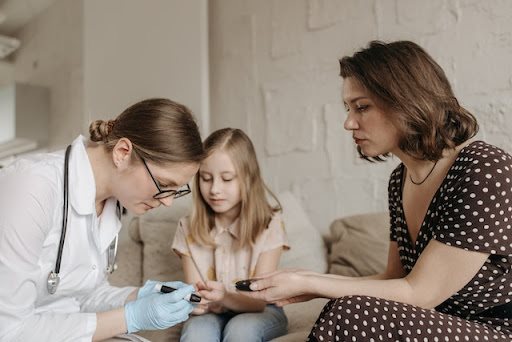Two main groups of physicians take care of children. There are family medicine and pediatric practitioners, and both are primary care physicians. Both attend four years of medical school before undertaking a three-year residency. And both treat infants, children, teens, and young adults.
PAK Pediatrics wants parents to make the most informed decisions for their loved ones. We provide our patients’ families with the most accurate and up-to-date information possible. With that in mind, here’s what you should know about the differences between family medicine and pediatrics.
What Is Family Medicine?
Family medicine practitioners are doctors trained to treat entire families. Their training is three years long, and they are trained to treat all kinds of people, from newborns to senior citizens. They also work in women’s health by performing PAP smears. Some programs train in deliveries as well.
Family medicine practitioners have advantages. They can see entire families, from the grandparents to the grandchildren. This is convenient if a mom needs to be seen for a well or sick visit with her child. In addition, family medicine practitioners can see a newborn through adulthood, which allows patients and care providers to build long-lasting relationships.
What Is Pediatric Care?
Pediatricians are trained only in pediatric care, meaning the three-year training is focused solely on newborns to early adulthood. While family medicine practitioners are trained to treat children, they don’t specialize in it, but pediatricians are. Pediatrics is the field of medicine focused specifically on the health and wellness of children before the age of 18, though some pediatricians treat patients up to the age of 21.
Pediatricians are excellent for smaller families who don’t need doctors with training in adult medicine or geriatrics. They’re also recommended for those who have children with special needs or conditions requiring extra attention and expertise.
Our practice at PAK Pediatrics is unique because we have a breastfeeding center where new and expectant mothers can take lactation classes and receive expert consultations. We have practitioners to help with behavioral health concerns and offer food insecurity screening with a food pantry. These are just a few examples of how we strive to provide pediatric care for our patients.










